Concerns As Telecoms Operators Bar 75m Unlinked SIMs
Amidst the confusion, telecommunications operators in the country, yesterday, heeded Federal Government’s directive to bar every unlinked Subscribers Identification Module (SIM) card with National Identification Number (NIN) on their various networks, in a bid to control insecurity, extortions and abductions.
The Federal Government through the Ministry of Communications and Digital Economy had directed the operators to bar outgoing calls on all unlinked SIM cards in the country.
President Muhammadu Buhari, in December 2020, had ordered all phone lines to be linked to an identification number to curb rising incidents of abductions in the country.
Officials of some operators, who spoke with The Guardian, yesterday, confirmed receiving letters from the Nigerian Communications Commission (NCC) and have since commenced barring outgoing calls from all unlinked SIMs on their networks.
This is as concerns mount over the increase in activities of terrorists and kidnappers who get across to victims’ families to collect ransoms in millions of naira, despite the linking and verification of NINs to SIMs.
According to stakeholders, the situation has become dicey, as there have been accusations and counter-accusations among telecoms operators and security operatives as regards the usage of subscribers’ data in rescue mission.
Kidnappers usually call relatives of their victims with unregistered SIM cards, which authorities are unable to trace. The latest rule will mean that about 75 million phone lines that aren’t linked to NIN won’t be able to make calls.
Out of the nation’s 198 million phone connections, 125 million SIM cards had been verified and linked to 78 million unique national identity numbers, according to a statement by the NCC.
MTN Group Ltd.’s Nigerian unit is the largest operator with 75 million subscribers, giving it a market share of about 38 per cent. Other major operators include Airtel Africa Plc, Globacom Ltd and 9Mobile.
The Minister of Communication and Digital Economy, Isa Pantami, had in February, disclosed that since the time government started sanitising its database, “no single person or official that has the legal power to ask for bio data of any information with regards to NIN-SIM for rescue mission has beckoned on the ministry to provide such information. It has never happened.”
Pantami informed that President Buhari even approved the Lawful Intercept order to support security agents.
“President Buhari has approved for them to do it without even our intervention as a ministry. So, with that approval, NCC has conveyed that through my office to all relevant institutions that Mr. President has granted approval for such. So, with it, they can get databases even without our permission.
“But since then, they (security agents) have never complained or come to me even once to demand information from the database. The only person that wrote a letter to me was the Minister of Defence, saying that we should try to finish the NIN-SIM exercise on time,” he stated.
Following concerns raised over the use of phones to negotiate ransom by terrorists despite the NIN-SIM registration, telcos have said there were no unregistered SIM cards on the network of any service provider in the country, insisting that all registered SIM cards can be traced to their users and owners for any security reasons.
Chairman of the Association of Licensed Telecoms Operators of Nigeria (ALTON), Mr Gbenga Adebayo, clarified concerns that kidnappers who recently invaded the Abuja-Kaduna train and kidnapped many persons, still used mobile phones with registered SIM cards to contact the families of their victims.
Adebayo said telecoms operators have the data of all registered SIM cards, insisting that the owners could be traced alongside the geo-location of the mobile phone.
He, however, explained that it could be difficult to trace the kidnappers of the Abuja-Kaduna railway train attack who still use mobile phones with registered SIM cards to contact the families of their victims for ransom because they use their victim’s mobile phones for the calls.
“Telecoms operators can trace the geo-location of the phone, from where calls are made with the particular phone and provide the information to security agents for prompt action.
“I need to make it clear to Nigerians that there are no known unregistered SIM cards that are still on the network of any telecoms service provider because all networks have been cleaned up and all unregistered and improperly registered SIM cards have been deactivated from the networks, during the registration and linkage of NIN with SIM, which ended on March 31. So, based on this, there is no SIM card that is registered with the network of any telecoms service provider that cannot be traced to the user and owner.
“But it is difficult to trace and arrest the kidnappers who use victim’s phones with registered SIM cards to make calls. What we can do as the operator is to trace the geo-location of the phone and provide such information to security agents,” Adebayo said.
He urged security agents to utilise information provided by telecoms operators, in tracking kidnappers in their geo-locations, adding that all the information and support that the security agents need to do their job effectively have been provided by telecoms operators.
Experts have, however, called for better management of the entire process to ensure the purpose of the NIN-SIM exercise is not defeated.
According to them, the confusion stemmed from the fact that there are some subscribers, who have linked their SIMs, but verifications were yet to come from the National Identity Management Commission (NIMC). “So, are we going to block these ones as well?” an official of one of the Mobile Network Operators (MNOs) asked.
Recall that the deadline handed Nigerians to link their NIN to their SIMs ended on March 31, after it had been postponed about eight times. In a last-minute push for the linkage, the FG had on Friday directed Nigerians to ensure they complete the verification and linkage of their NINs to their SIMs within days.
But a statement signed by the Director of Public Affairs, NCC, Dr. Ike Adinde and Head, Corporate Communications, NIMC, Kayode Adegoke, noted that Pantami commended Nigerians and legal residents for their support during the NIN-SIM exercise, which lasted for one year and four months, before ordering that outbound calls on all unlinked SIMs should be blocked with effect from April 4 (yesterday).
Pantami emphasised that enrolment for NIN is a continuous exercise and NIN is a precondition for service in telcos, banks, Nigerian Immigration Service, and several other government services. He encouraged Nigerians and legal residents to visit NIN registration centers for the enrollment and issuance of valid NINs.
According to FG, as of date, over 125 million SIMs have had their NINs submitted for immediate linkage, verification and authentication. Similarly, the NIMC has issued over 78 million unique NINs to date.
A senior official in one of the networks, who spoke on the condition of anonymity, said as much as no operator would love to block a SIM because of revenue losses, among others, “we still prioritise the issue of security any day, any time. We have commenced the process. I cannot say how much would be lost because it is still very early.”
He, however, said operators are still confused as to how this should play out. “There are two scenarios in this matter. First, we have those with SIMs but have yet to verify their NINs (though very few). Secondly, there are those with linked SIMs that have not been verified because of the challenge of backend integration from NIMC. Some of us have sent many linked SIMs to NIMC, but they have not been verified yet because of some teething problems, which have continued to persist.
“Another challenge is, who do we block, those on voice or data platforms. I think there should be more clarifications on that if this order must be effective,” the official stated.
According to him, operators are likely going to become smarter because the impact of the SIM cut off would be much if there is no integration as fast as possible.
“Smart in the sense that some players will apply the Pareto Principle rule. For instance, on our own network, the high-end users are about 10 per cent, while the remaining 90 per cent are those, who don’t recharge as often as possible or recharge largely around N100 to N500 almost in a month or months. So, all efforts will be channeled to ensure that those 10 per cent, which has been identified to be legit customers are not removed from the network, but rather ensured that their lines are linked and verified as fast as possible,” he suggested.
Speaking with The Guardian, the President, the National Association of Subscribers of Nigeria (NATCOMS), Chief Deolu Ogunbanjo, said he wouldn’t know when the information got to the Federal Government that large numbers of subscribers have linked and verified their SIMs.
Ogunbanjo said many subscribers are yet to link their SIMs not to talk of verification. “The verification challenge must be due to the low capacity of NIMC. We learnt they still have backlogs of yet to be verified NINs.
“We would have appreciated it more if the Minister had met with ALTON, Internet Service Providers (ISPs) and other stakeholders to ascertain the level of compliance with the NIN-SIM exercise before the order.
“There are many businesses that run on SIMs and blocking them would amount to killing their businesses, especially at a time the economy is struggling. Of course, some of them have had their SIMs linked but their lines are yet to be verified. So, some of these things need to be considered. I am quite aware that the exercise has been on for about one year and four months, but we believe that the exercise should be open-ended without a deadline,” he said.
Some subscribers, especially on the 9mobile platform, complained of not being able to call and losing access to the Internet. This is even as NCC tweeted via @ncc.gov.ng that: “Are you aware that it is the duty of your telecoms service provider to give advance notice of interrupted service disrupts or planned outages.”


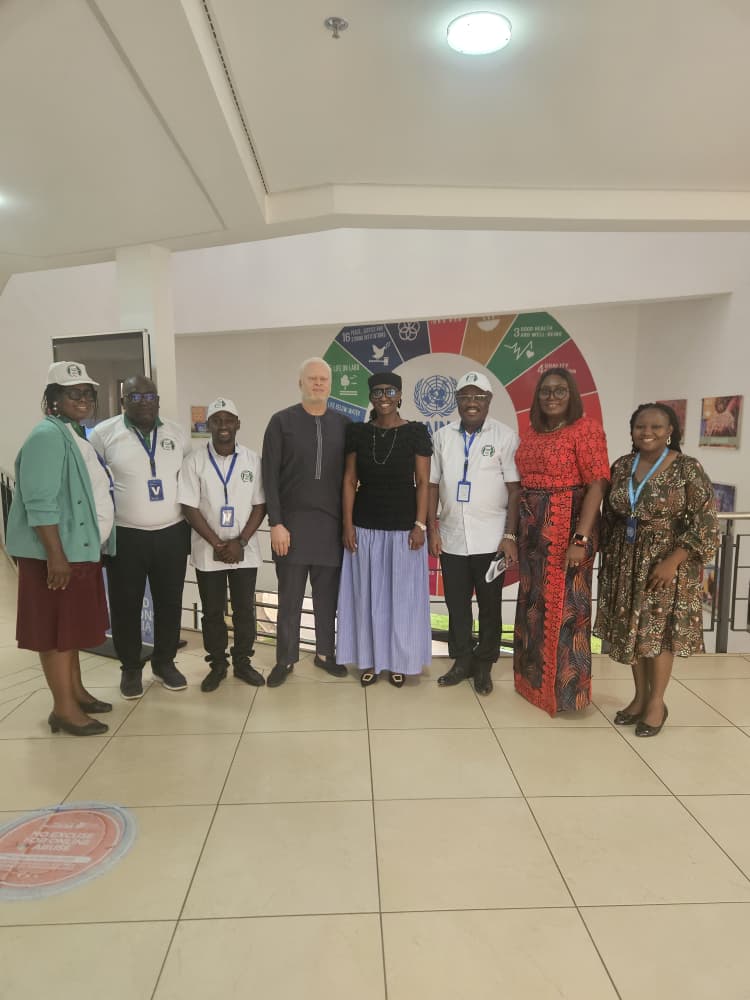
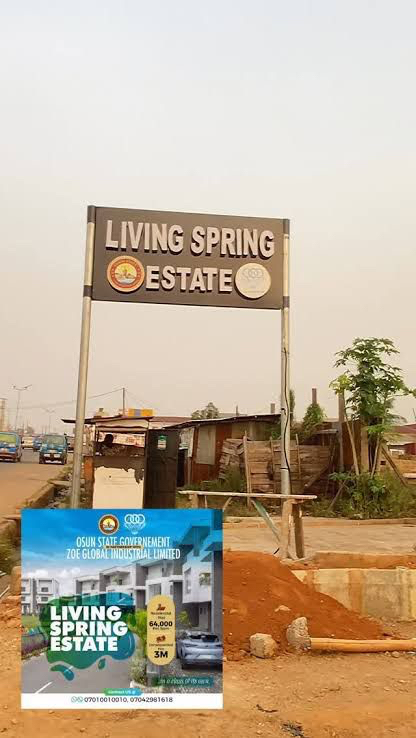
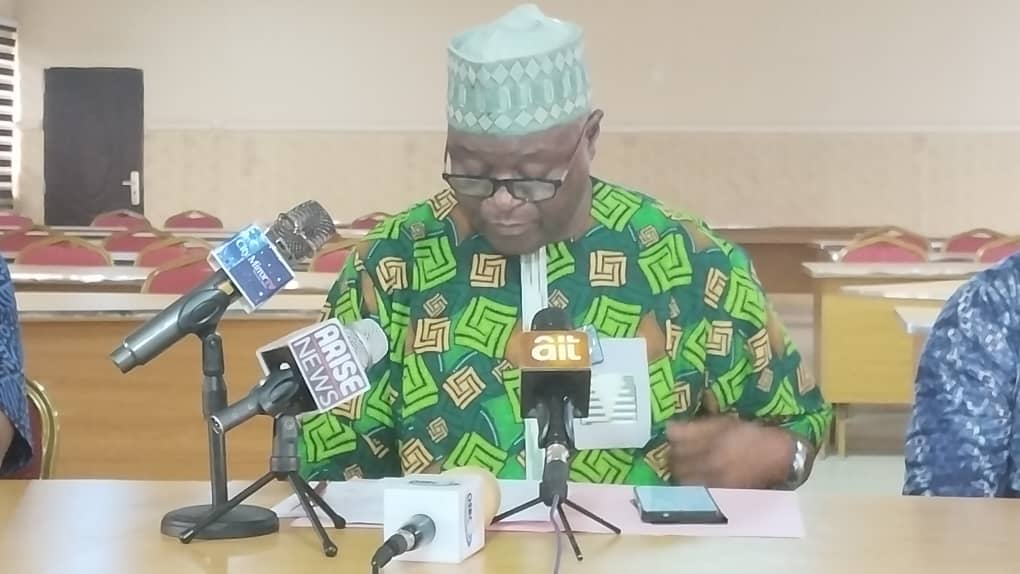
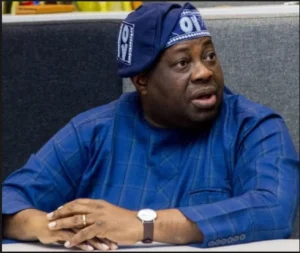

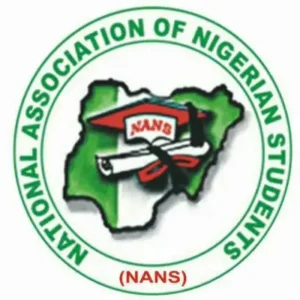

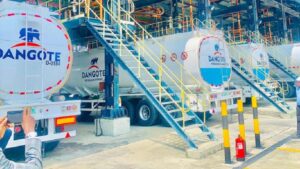


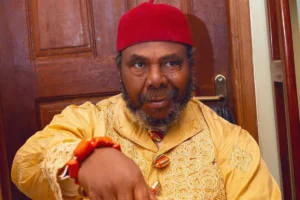
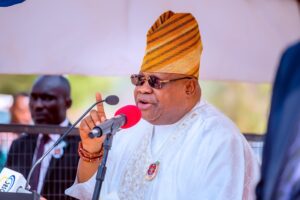

Post Comment